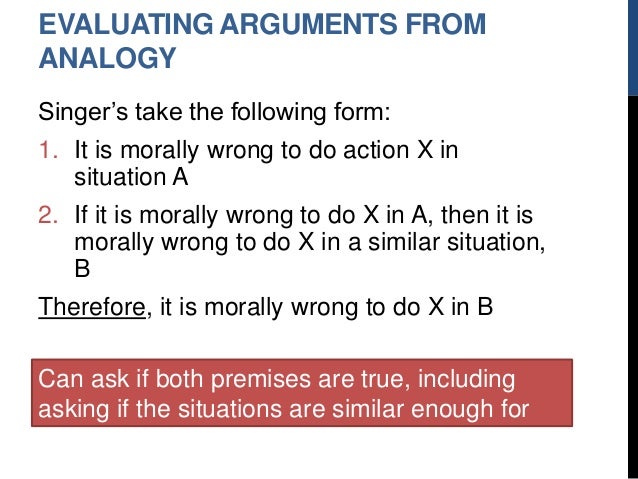

This has led him to advocate for higher animal welfare standards and decreased global poverty. Singer is a moral philosopher whose filter for ethical theory is a brand of utilitarianism concerned primarily with the alleviation of suffering.

When affluent persons choose to spend their money on unnecessary things for themselves, they are implicitly valuing their own luxury over the health and well-being of those in deep need. The point is that all lives matter equally, and relatively small amounts of money could radically transform the lives of those in extreme poverty. Singer questions the value of vacations, new wardrobes, and even unnecessary bottled water. The most frequently debated aspect of Singer’s claim is that affluent persons have the obligation to sacrifice much more than they generally do. The Life You Can Save makes the case that the average, moderately affluent individual in an affluent society has ethical obligations to fight global poverty and its attendant malnutrition and diseases. This guide refers to the 2009 Random House edition of The Life You Can Save.

A free audiobook, featuring celebrity narration from Kristen Bell, Paul Simon, Stephen Fry, and others, is available here. Singer’s associated charity, also called The Life You Can Save, issued an updated 10th anniversary edition of the book in 2019. Though Singer has published books and articles on fields as diverse as animal welfare, practical ethics, and bioethics, The Life You Can Save has arguably had the widest impact and is one of the achievements for which Singer is best known. In 1972, he produced a seminal essay in the field, “Famine, Affluence, and Morality.” After a much more recent publication in the New York Times (for which Singer received significant positive feedback), he decided to write The Life You Can Save, the culmination of a life’s work on this particular issue. By this time in his career, Singer had spent several decades on ethical questions related to global poverty. In 2009, Peter Singer, philosopher and ethicist at Princeton University, published The Life You Can Save, a short treatise on the obligations of affluent persons to alleviate the suffering of those experiencing extreme poverty on a global scale.


 0 kommentar(er)
0 kommentar(er)
